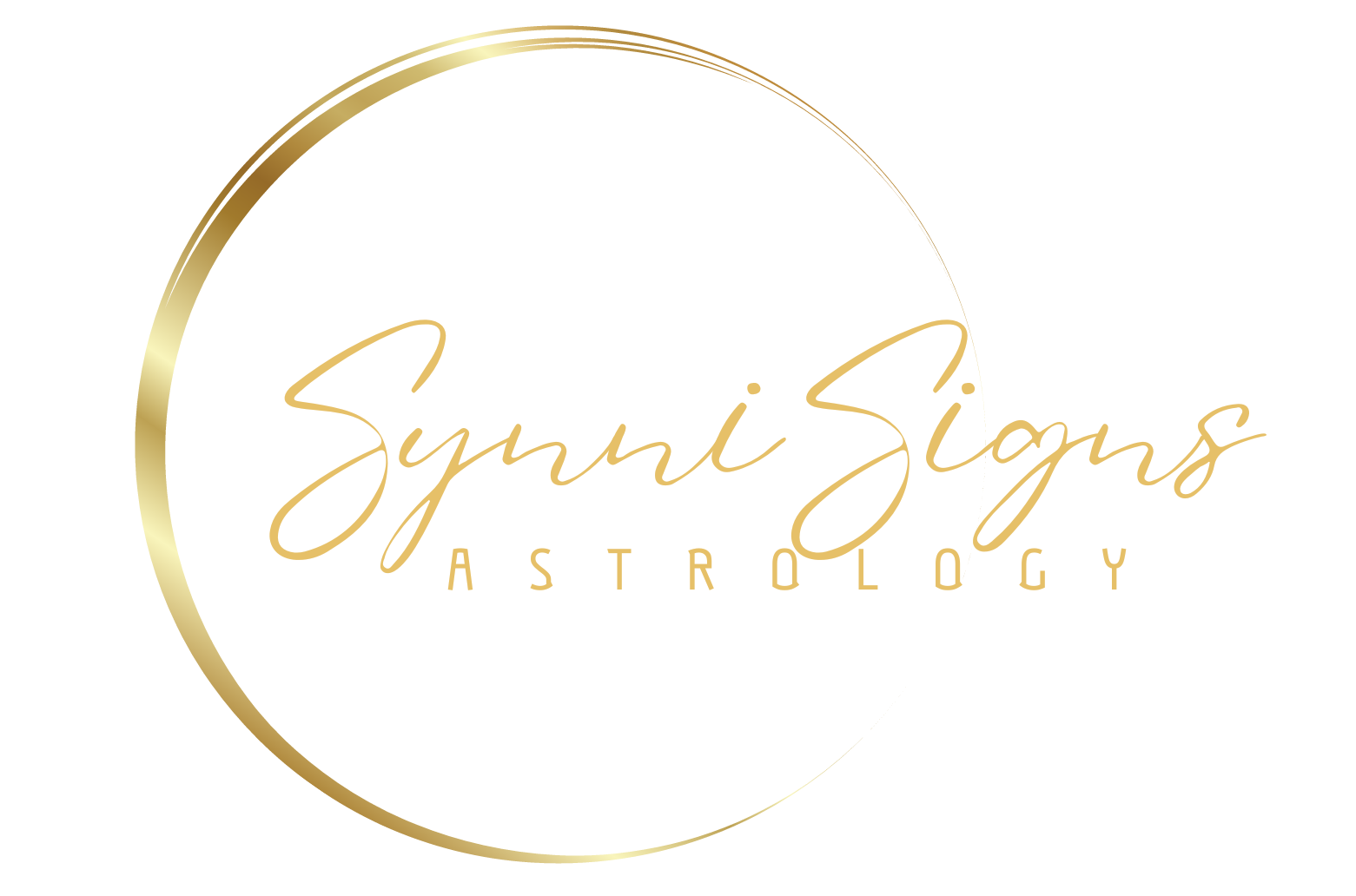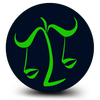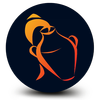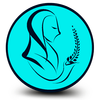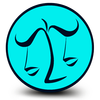
Saturn represents order, organization, ambition, caution, discipline, and diligence. It imposes limitations and restrictions on any other planet it aspects.
Saturn Aspects to Sun


Harmonious aspects tend to make a person practical, conservative, and organized. Saturn, when forming harmonious aspects, appears to bestow benefits reluctantly, related only to the stabilization of the elements indicated by the planet it aspects. However, it is the challenging aspects where Saturn truly exerts its influence. When Saturn forms stressful aspects with the Sun, it often indicates paternal difficulties: (1) the father is absent due to work, separation, divorce, or death; (2) the father is physically present but emotionally distant; (3) the father is consistently ill; or (4) the father is overly strict and disciplinarian.
Saturn Aspects to Moon


A mother can be efficient yet emotionally distant. This is particularly true when under stress. As with Saturn’s influence, the positive side is the drive to work diligently and brace for adversity, which seems ever imminent. Remember to lighten up! Continuously remind yourself: “Being miserable is IMPRACTICAL.”
Saturn Aspects to Mercury


A serious disposition, often excessively so, may be attributed to you. At times, you might seem mentally unhurried, not due to a deficit in intelligence, but rather a result of your carefulness and apprehension about erring. All Mercury-Saturn aspects intensify the depth of thought. With little tolerance for idle chatter, this astrological pairing might make you come across as unsociable. However, this isn’t truly the case; it’s simply a preference to not squander time. The challenging aspects can lead to rumination and melancholy. The remedy, as with most Saturn-related tensions, is to stay occupied with meaningful activities.
Saturn Aspects to Venus


When under stress, it is another of the so-called “hypoglycemic aspects,” with the others involving Venus stressfully aspected to either Uranus or Pluto. This aspect also tends to cause blood sugar levels to drop. It is advisable to have this checked by a doctor. Individuals with stressful aspects between Venus and Saturn typically fall into two categories. One type appears to have an aversion to success, often sabotaging their big opportunity just before it materializes. The other type achieves success beyond their wildest dreams but struggles to enjoy it due to their busyness. Bill Gates, with Venus and Saturn in conjunction in Scorpio—a sign of extremes—is driven even more. Oprah Winfrey has these planets squared. In her case, Venus is near the Sun, lending her charm. However, it is Saturn, the planet of efficiency and organization, squaring both, that truly dictates the dynamics. People with Venus-Saturn aspects are known for their extreme loyalty, sometimes to an irrational extent. They often experience what I term “free-floating guilt,” feeling responsible even when witnessing others’ misdeeds. If you possess this aspect, consider releasing the belief that suffering is a prerequisite for enjoyment.
Saturn Aspects to Mars


The harmonious aspects between these two planets provide the stamina to continue long after others have succumbed to exhaustion, akin to the endurance bestowed by Mars in Capricorn, Saturn’s domain. However, stressful aspects present challenges; Mars urges forward momentum while Saturn demands caution, resulting in a stop-and-go progression that necessitates frequent checks to ensure stability. Neglecting this can lead to disarray. Those with stressful Mars-Saturn aspects must be wary of irreversible decisions, as circumstances may require a swift reversal. Discipline is a byproduct of this astrological pairing. An anecdote from an astrologer, possibly Mary Downing, illustrates this: all the men in her family, including her son who diligently trained in swimming, exhibit this trait. Conversely, women with challenging Mars-Saturn aspects may find themselves in relationships with harsh partners.
Saturn Aspects to Jupiter


I refer to the stressful dynamics between these two as the “Jekyll-Hyde aspect.” It’s rarely an issue for the individual who possesses it, but it can pose significant challenges for those around them. During my graduate studies, I had a mentor with a Jupiter-Saturn opposition. One day, I walked into the lab and a fellow grad student confided in me, “I can’t figure him out.” Puzzled, I asked, “Who?” “Our mentor. Yesterday, he stormed into the lab and berated me just for sitting down.” Shocked, I exclaimed, “What!” “Yes, simply for sitting. I explained I was documenting an experiment, but he insisted I should do that in my own time. According to him, the lab was for WORK, WORK, WORK. Today, he returned. As I was seated, drafting the same experiment, I spotted him and immediately got to work. He then approached me, asking, ‘Why are you working so diligently? Relax. How about a game of chess?’ Jupiter encourages expansion; Saturn demands contraction. Jupiter represents enjoyment, while Saturn stands for relentless work. In their stressful aspect, especially in opposition, one tends to oscillate between these extremes.”
Saturn Aspects to Ascendant


The Ascendant reflects your approach to new beginnings. Saturn’s influence here can make you more cautious and reserved. Even a typically impulsive sign like Aries on the Ascendant is tempered by Saturn. Stressful aspects may lead to further delays, particularly in marriage and partnerships. With a challenging aspect from Saturn to the Ascendant, it’s advisable to wait until after your first “Saturn return” to marry. This event, marking Saturn’s return to its position at your birth, happens between ages 28 and 30. This influence is akin to having Saturn in the 7th House. Marrying before 28 could increase the likelihood of the relationship deteriorating over time. It would be wise to inform your partner that patience is necessary.
Saturn Aspects to Midheaven


Saturn is excellent for business, including its stressful aspects. This planet symbolizes organization and practicality. It favors professions that demand hard work, meticulous attention to detail, and discipline, both before entering the field and thereafter, such as being a doctor or research scientist. Bill Gates has the trine, while Walter Annenberg has the conjunction. Marie Curie also had the trine. Harmonious aspects can result in solid, albeit unexciting, parents. Conversely, stressful aspects may lead to overly rigid parents—reserved, strict, etc. They also increase the likelihood of minimal contact or affection from at least one parent, similar to Saturn in the 4th house, which can indicate divorce, separation, death, or a parent who is either too busy or emotionally distant.
